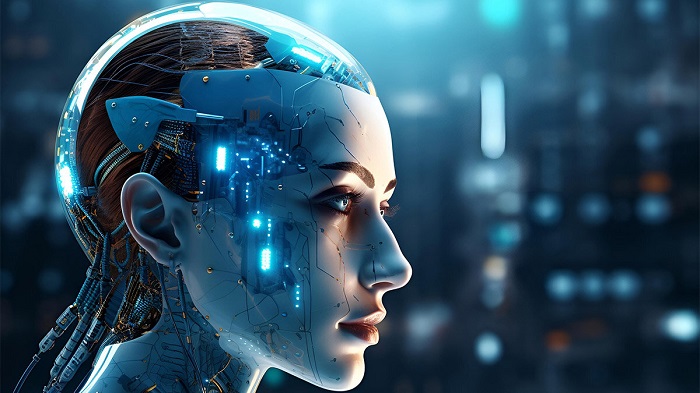AGI isn’t some distant possibility—it’s already taking shape. Not through a single breakthrough, but through steady progress. Each advancement in AI research nudges it closer, often without notice. By the time the shift becomes obvious, AGI will already be woven into everyday life, feeling as natural as any past innovation. Even SoftBank CEO- Masayoshi Son blelives AGI may be here soon.
A key indicator? Multimodal AI. Models like GPT-4 and Gemini no longer just generate text. They process images, decode audio, and merge different data types effortlessly. This evolution is critical. AI that operates across multiple modalities isn’t just recognizing patterns—it’s beginning to integrate information in new ways. And integration is a fundamental trait of general intelligence.
Then there’s robotics. Not just pre-programmed factory machines, but systems that adapt dynamically. Companies like Boston Dynamics are developing robots that do more than execute scripted tasks. They navigate real-world complexity, adjust movements, and refine behaviors based on experience. These aren’t rigid automations—they’re responses shaped by interaction with the environment.
Another leap? AI that improves itself. Algorithms that troubleshoot errors, refine their processes, and enhance efficiency without human intervention. The more AI can optimize its own performance, the closer it moves toward autonomy. It’s not replicating human thought, but it is evolving toward a broader problem-solving capability.
Memory is another frontier. AI can now store, retrieve, and apply past interactions to new problems. Google DeepMind’s latest models don’t just spit out answers; they remember context. This changes everything. Instead of starting fresh with every request, AI builds on previous exchanges, making interactions smoother, more natural.
Social intelligence is creeping in too. Chatbots can hold longer, more coherent conversations, even adapting tone based on emotional cues. It’s not perfect. Sometimes clunky, sometimes eerily human. But compared to just a few years ago? A clear jump.
Then there’s autonomy. We’re seeing AI-powered agents take on complex workflows—booking travel, managing schedules, even negotiating deals. Not just following instructions but making decisions within set parameters. It’s not AGI yet. But it’s moving in a direction where, at some point, the gap starts looking smaller than we thought.

